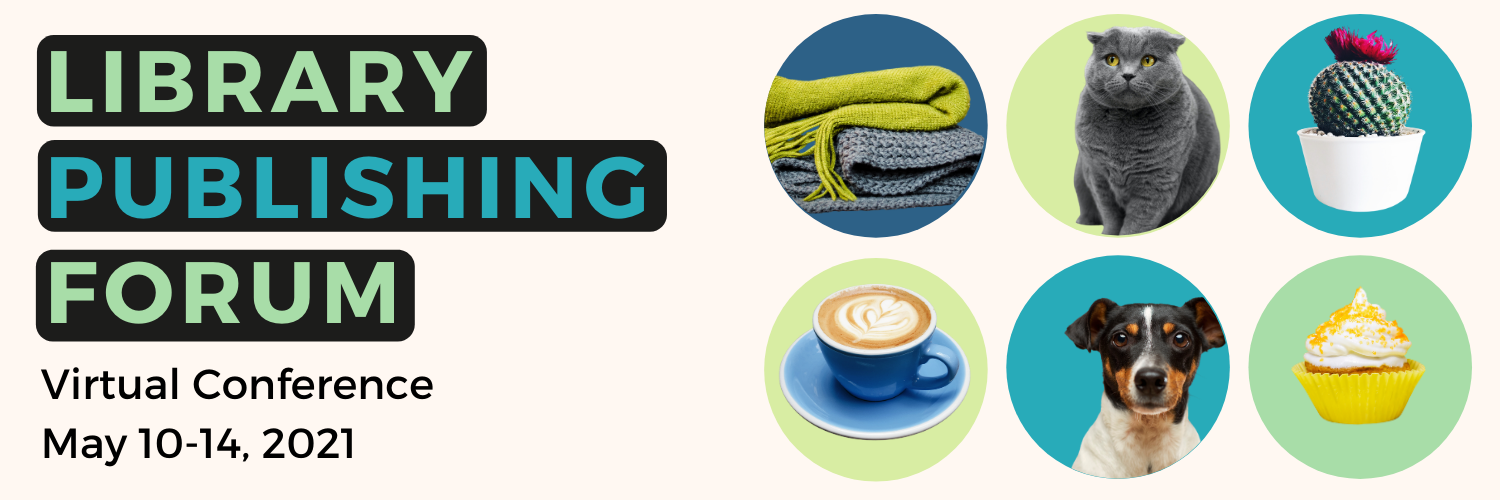Day/Time: Tuesday, May 11, 2:45 PM to 3:45 PM
Presenters
- Press 1: Sarah Muncy, University of Cincinnati Press, Managing Editor; Liz Scarpelli, University of Cincinnati Press, Director
- Press 2: Amanda Krause, University of Arizona Press, Editorial, Design, and Production Manager; Kristen Buckles, University of Arizona Press, Editor-in-Chief
- Press 3: Kristen Elias Rowley, Editor in Chief, The Ohio State University Press
Description
Recognizing and adjusting language to be inclusive and justice-forward in publications is not a small task nor one that should be taken lightly. In many cases, it is not solely an issue of terminology, though that certainly plays a part, but a concern regarding general tone—how non-White groups or other minorities are discussed and in what context. Antiquated and offensive terminology and descriptions representing whitewashed views of minority populations and historical events may not be immediately obvious, nor easy to spot initially—they can be found in scholarly as well as regional manuscripts. Knowing how to recognize errors and create a game plan to edit and promote justice-forward publications can seem daunting and difficult to make into tangible, actionable steps.
Solutions and game plans for justice-forward language are rooted in the workflow process. This is a group concern and one that involves a publisher policy and culture; not one dictated to a particular department or based on an individual editor’s ability to spot racially charged language. The panel will involve a pair of presenters from 3 presses who will discuss how to move the dialogue from abstract language to specific tasks and methods publishers can take and how to address push back from authors which can lead to production delays and problems from author relations to poor reviews. The discussions will be rooted in real-world case studies that highlight the concerns, where in the process the concerns were identified, and how (and if) the concerns were resolved, as well as workflow changes to educate and encourage authors to write inclusively and internal procedures to help the press manage these manuscripts. In a Q&A, panel attendees will be invited to share their own experiences as a part of creating sustainable workflows which promote inclusive publications and open space for continual learning at the press and between the press and authors.
